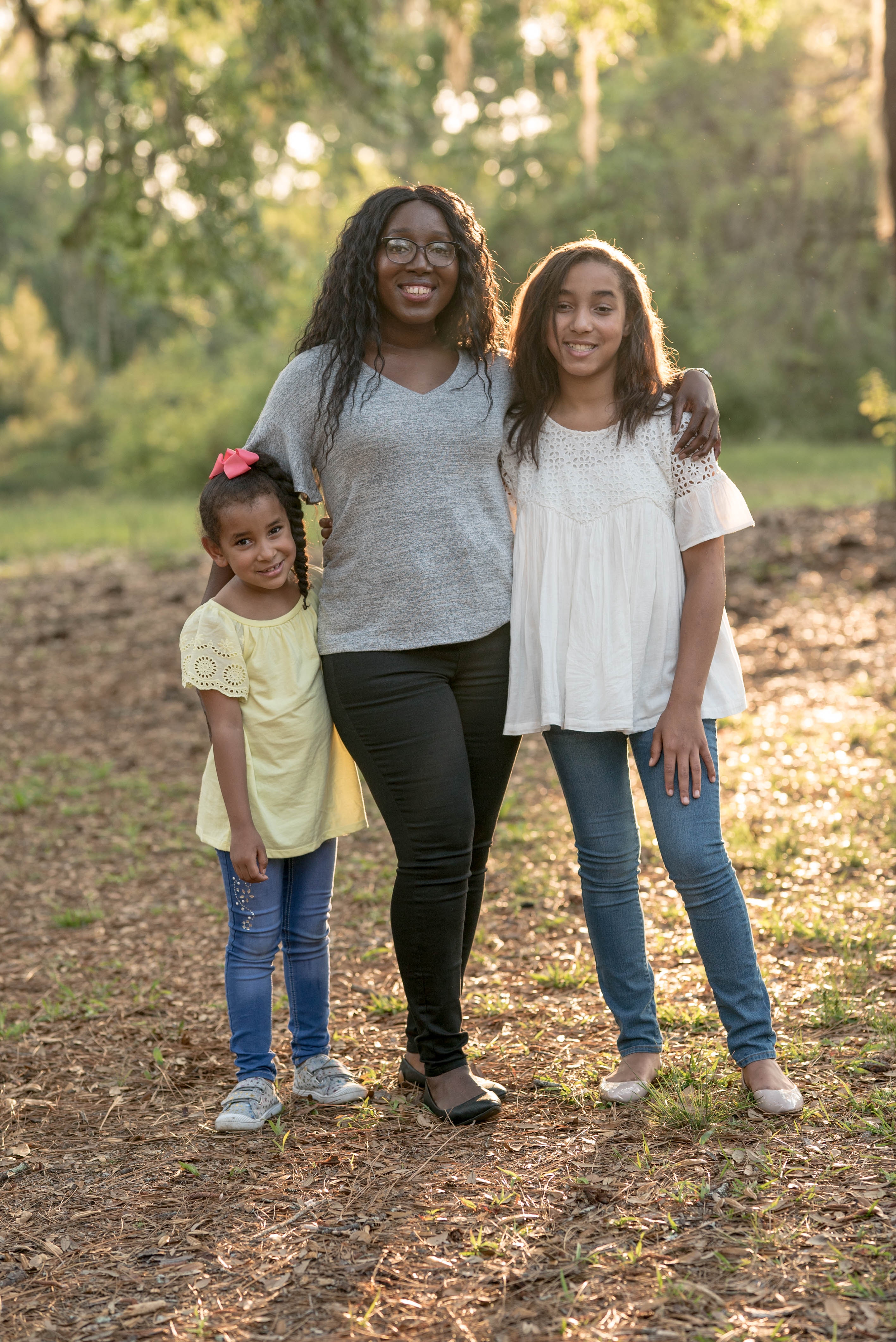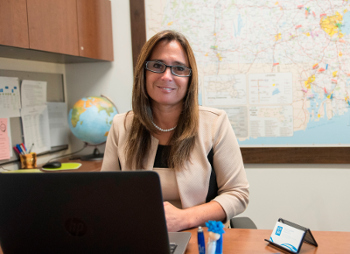Do you have a question about JRI services?

Foster care is a confusing world. There are a lot of agencies, systems, and individuals involved. Even within the foster care system itself, there are confusing pieces to navigate. One of the first questions to ask is the type of foster care you are prepared to provide. What are the differences? What are the similarities? What is right for you?
*Please be aware, this is bring written from the perspective of someone working within the Massachusetts foster care system. Different states have different intricacies, so if you are reading this from another state, please explore your child welfare system’s nuances.
Unrestricted Foster Care
Unrestricted foster care means that the foster parent provides care directly through the state (in this case, Massachusetts). Prospective foster parents complete an application through the state agency (Department of Children and Families, or “DCF” here in MA), meet with a DCF worker for the home assessment, and complete MAPP class through their chosen DCF office. Unrestricted foster care has fewer restrictions than Intensive/Comprehensive foster care. Unrestricted foster homes can provide care for up to six (!!!) children under age 18 at one time. This means, if you are parenting four biological/adopted/guardianed children under age 18, you could provide foster care for two more kiddos. Unrestricted foster parents are visited once per month by their child’s DCF social worker. The daily reimbursement for unrestricted foster parents is approximately $27 per night per child placed in their home. They also receive assistance with mileage to and from appointments and additional reimbursement for children who require more extensive services. Unrestricted foster parents have no training requirements after being approved and do not need to attend support groups, though trainings and support groups are available if a parent chooses to engage in those services.
Comprehensive Foster Care (CFC)
As stated previously, CFC is also often referred to as Intensive Foster Care or Therapeutic Foster Care. The name has changed, but we will refer to it by its current name, CFC.
CFC foster parents are recruited, trained, and assessed by a contact agency (in our case, JRI). Agencies apply and are granted a contract to provide CFC services, based on demonstrated competency. CFC agencies can vary (for-profit vs. non-profit, the services provided by the agency, size of the agency, and general tone of the agency, to name a few). All CFC parents must complete MAPP training (the 30 –hour pre-service course required of all levels of foster and pre-adoptive parents in MA). CFC parents are reimbursed at a rate of $59.39 per child per night, but do not receive mileage, daycare reimbursement, or additional pay for children who require more services. CFC parents are limited to a maximum of two CFC placements and a total of four children under age 18 living in the home. For example, a home with three adopted children could only be approved to provide CFC service to one additional child. There are a few exceptions made, but that is rare, carefully considered, and a topic for another blog.
Children approved for CFC services require more support. They may have experienced more significant trauma than a child placed in unrestricted foster care, or could have other needs that help identify their need as more significant. For example, an infant referred for a CFC home likely has more significant medical needs, possibly stemming from in utero substance exposure and significant withdrawal symptoms. A four year old referred for a CFC level home might have experienced severe neglect and may hoard food, struggle with transitions, and have significant tantrums. To support children, foster parents are required to complete a minimum of 20 hours of annual training (this does not include the pre-service MAPP training). Parents must maintain CPR and First Aid certification, as well as Safe Sleep/SIDS Prevention trainings and a car seat safety training. CFC foster parents can work, but must have a schedule that enables them to take a child to all required appointments. Some children have many, many appointments, so this is a significant piece of being eligible for CFC parenting.
CFC families receive more support from their agency. This provides them with weekly supports, access to staff members all day, every day, and training opportunities. For a list of JRI’s supports, please see our two-part blog, called “Supporting Foster Parents” (Parts One and Two):
https://jri.org/blog/foster-care/supporting-our-foster-parents-part-one
https://jri.org/blog/foster-care/supporting-our-foster-parents-part-two
Hotline Care
Hotline homes work directly through DCF. They provide emergency-based care for a night or two. Children can arrive to a Hotline home during the very late hours of night/early hours of the morning. In most cases, these are children that have been removed from their home of origin a few hours or even less prior to arrival at the home. Children are scared, tired, and likely in shock. Hotline foster parents typically have limited scheduling availability, so they cannot commit to an ongoing placement’s needs, but can make a safe space for a child for a brief time.
Respite Care
Respite homes are available on both CFC and Unrestricted levels of care. They meet all criteria for the level of care, complete all required trainings, and are a fully licensed home. However, they are only able to commit to a child for a short period of time. Respite care is used for foster parents to go on vacation, to get well from an illness, or to navigate a family challenge. During that time, the child placed in the long-term foster parent’s home will go to a Respite Care provider’s home. In our agency, we know and license all of our respite homes. Often, respite homes are working individuals or families who have rigorous schedules, but are available on weekends. They might also be nervous about starting to provide care, so by signing on to provide respite care, get to “test the waters” and see how foster care impacts their family. It is an excellent way to begin fostering. For CFC level respite parents, they still attend 20+ hours of annual trainings, maintain their home in the same standard of care as a full-time foster parent, meet with a foster parent supervisor every month, and attend a support group once a month. They don’t, however, have a child placed in their home every day. They are generally not attending a child’s meetings, transporting to all appointments, or doing long-term tasks.
Why It Matters
By choosing the right kind of care, a prospective foster parent ensures that he/she is agreeing to the right level of commitment. It is a process of assessing one’s own skills, preparation, and the level of support an individual wants from an agency (if you sign on with us, you are going to see us A LOT!!!). It is possible to transfer from one level of care to another. At times, a person starts out providing one sort of care and moves to a higher or lower level. Taking your time, understanding the implications of each level, and exploring your options is vital to success.
If you have questions for us, whether it is about doing foster care with us or just foster care in general, please don’t hesitate to reach out!
Office: 508-821-7774 and ask for the Homefinders (Jared and Courtney)
To complete an online inquiry form, please go to:
https://family.binti.com/users/signup/jri-foster
#MayisNationalFosterCareMonth #NFCM2019 #FosterHopeFosterCare



